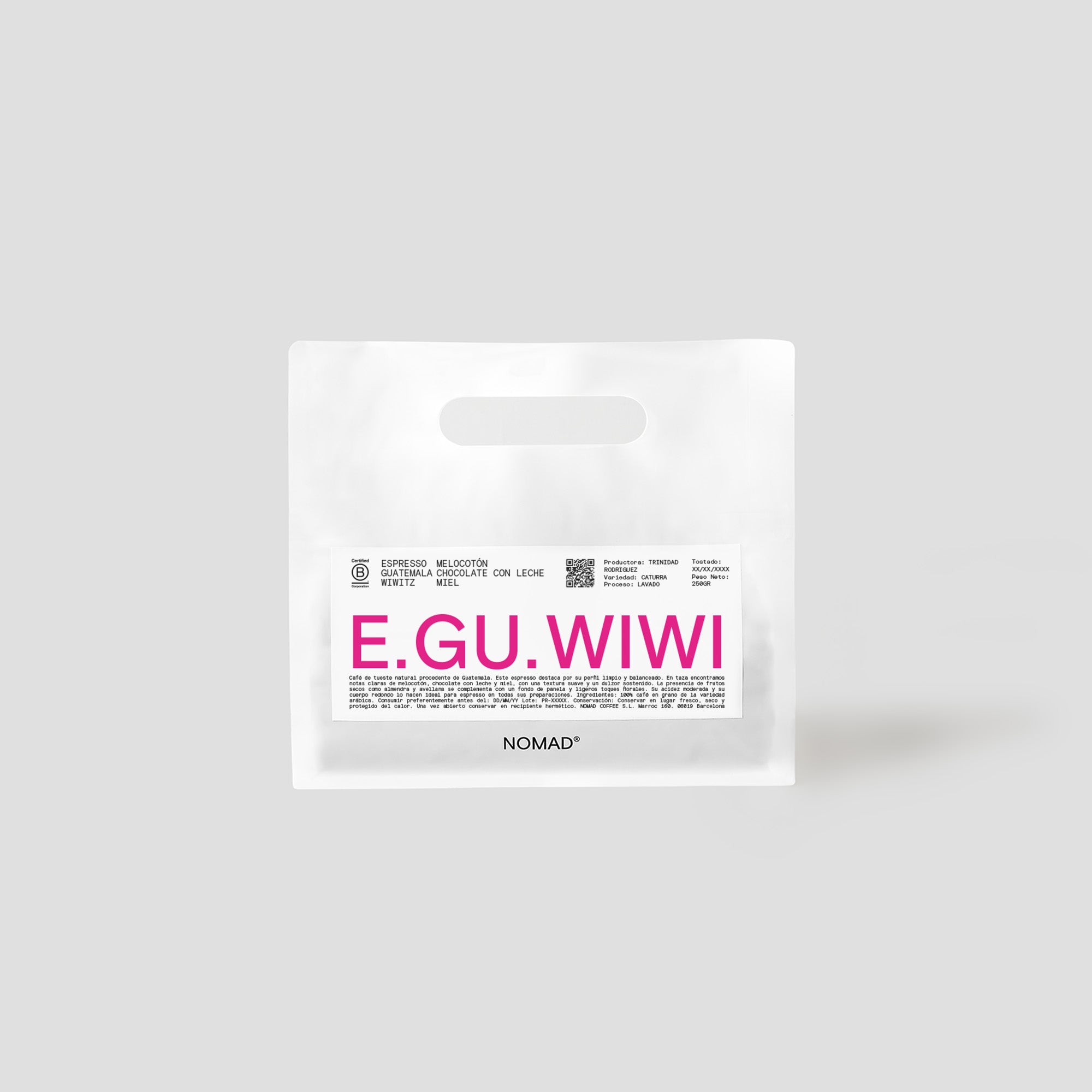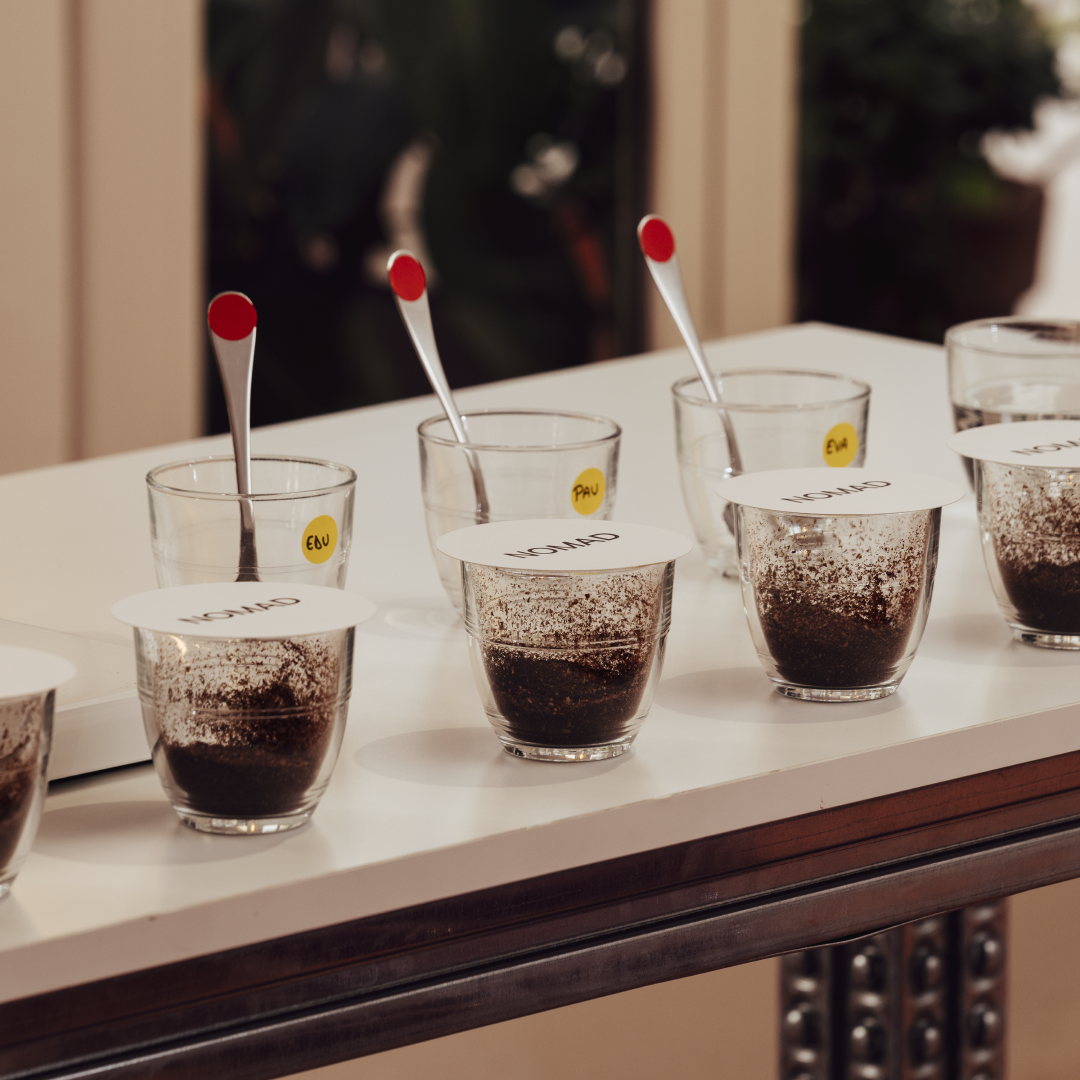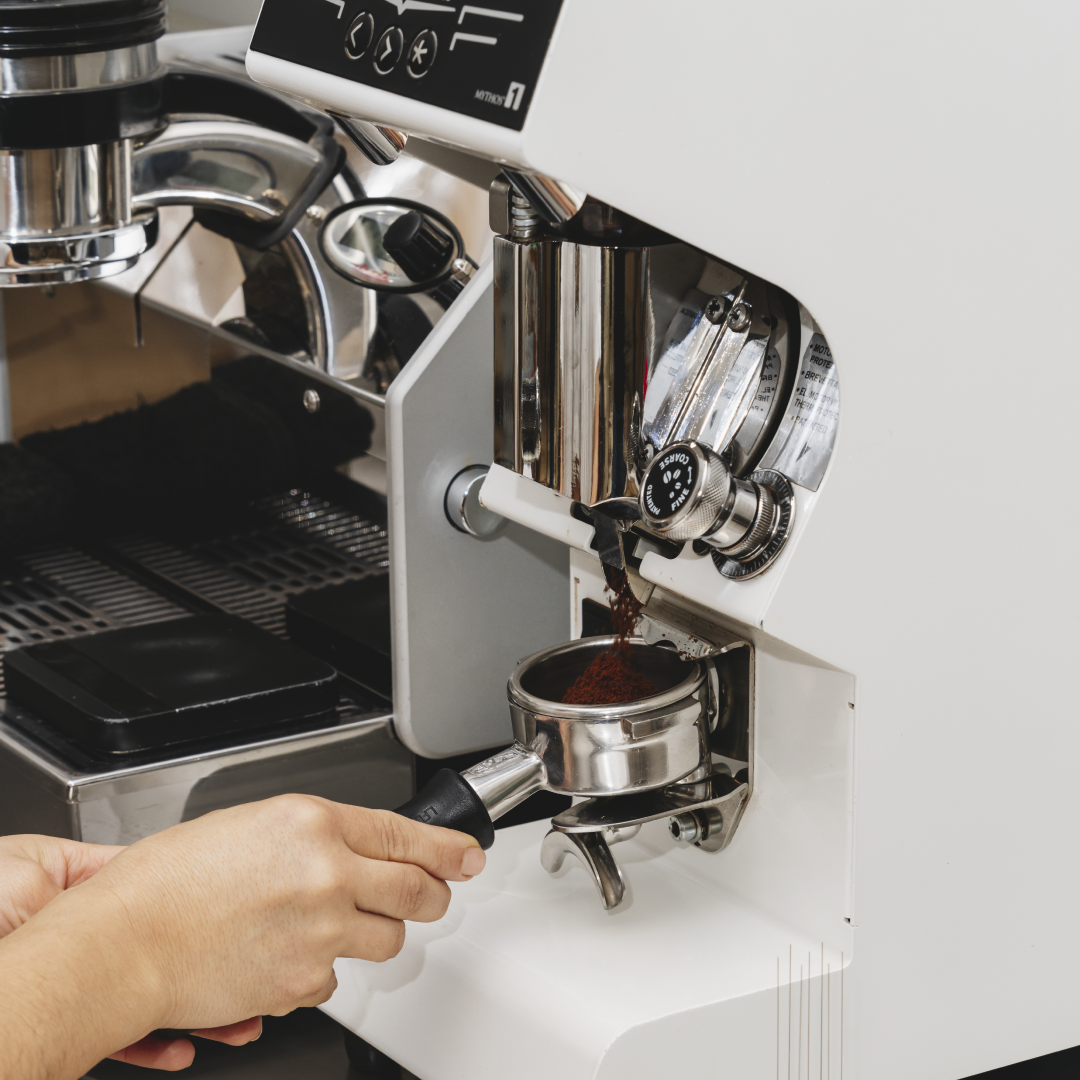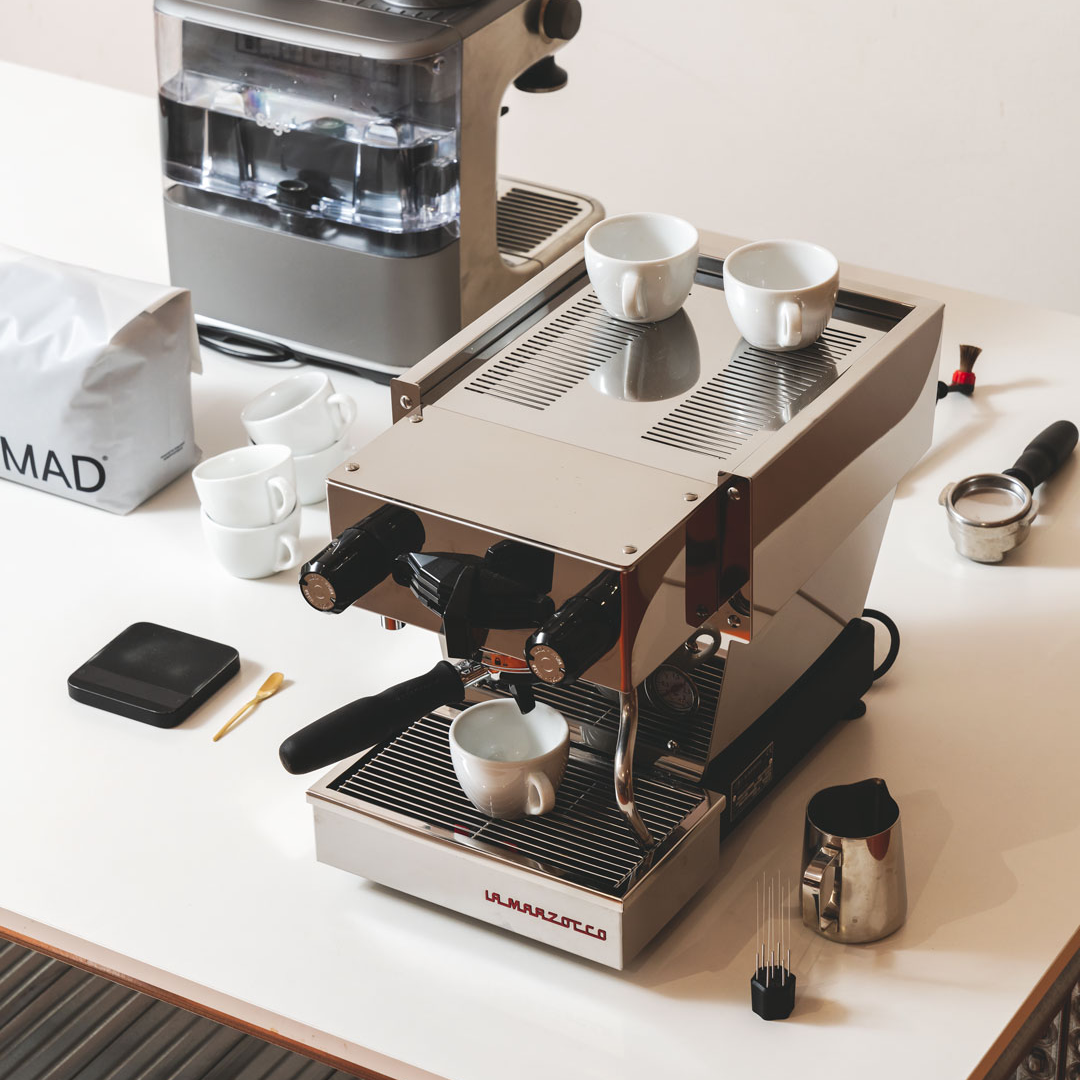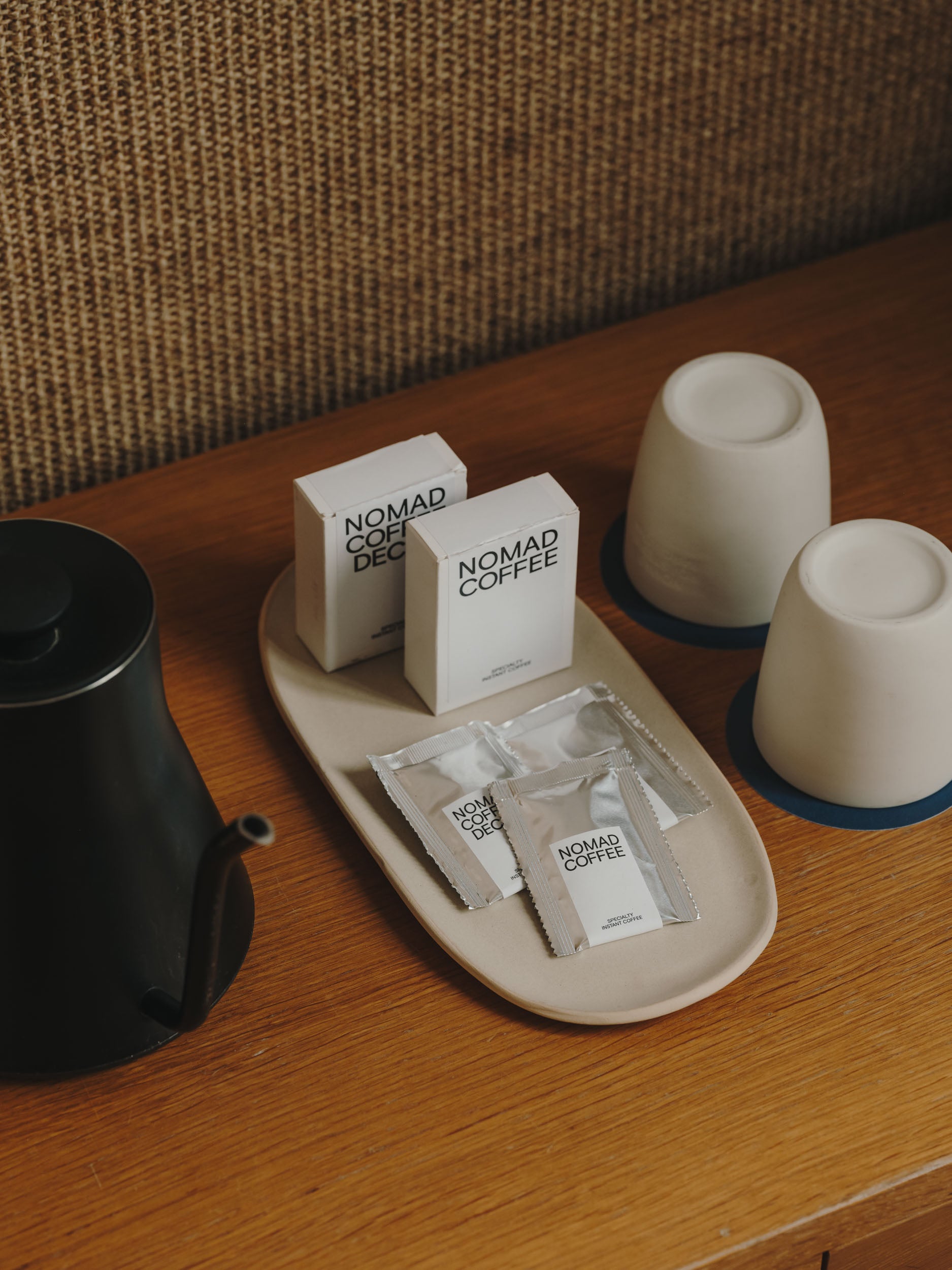Buy Specialty Coffee Online - Ground or Whole Bean
FROM OUR HOME TO YOURS
FROM OUR HOME TO YOURS
Our favorite products


The Coffee Academy is the specialty coffee training project of Nomad Coffee. Here you can become a professional barista or simply an expert preparing your coffee at home through theoretical courses, workshops and practical exercises designed by our team.
The Coffee Academy is the specialty coffee training project of Nomad Coffee. Here you can become a professional barista or simply an expert preparing your coffee at home through theoretical courses, workshops and practical exercises designed by our team.
HOT RIGHT NOW


